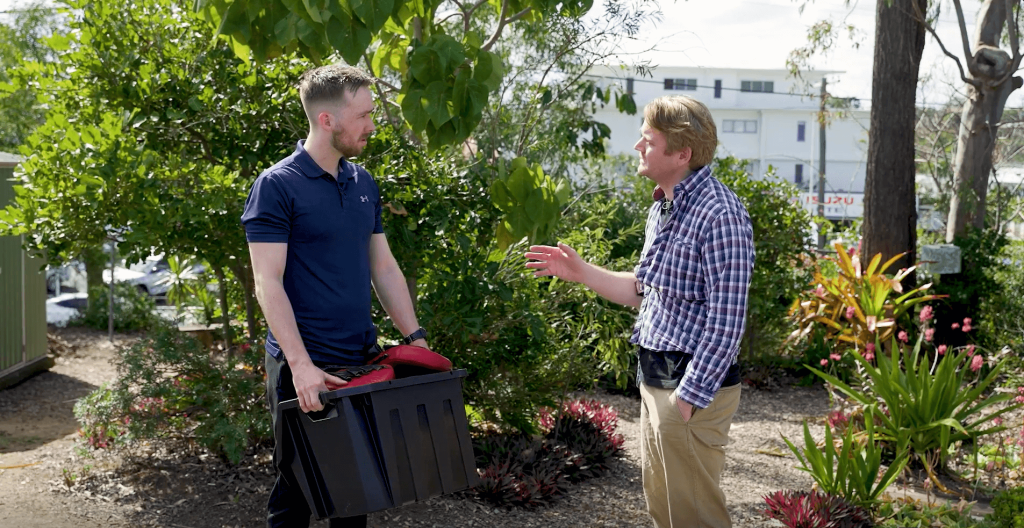It is a sad truth that many people suffer from poor mental health. In fact, research estimates that 1 in 4 people experience a mental health issue each year in the UK. Mental health conditions such as anxiety and depression can have a significant impact on your quality of life and contribute to various physical conditions. With that in mind, everyone must make their emotionalwellbeing a priority and take care of their mental health. Enjoying hobbies and activities can be a great way to relieve stress, enhance your mood, and improve your emotional mental wellbeing. On that note, here are some activities to give your mental health a boost.
Eating a nutritious meal
Following a healthy diet is not only important for your physical health, but it also plays a key role in your mental health and wellbeing. Many studies have found a link between poor diet and an increased risk of developing mental health issues like depression. According to experts at NSAC, eating a healthy diet has been shown to boost brain development and increase serotoninlevels which improves mood. Everyone should make an effort to follow a healthydiet that includes at least five portions of fruit and vegetables every day.Try to eat nutritious home-cooked meals and avoid processed foods that are highin calories, salt, and fat. You can get more advice and guidance on how toachieve a healthy, balanced diet by referring to the NHS Eatwell Guide.
Doing outdoor sports
Medical experts recommend that adults shoulddo around 150 minutes of moderate exercise or 75 minutes of high-intensity exercise every week. Regular exercise helps to improve your mental health byreleasing endorphins in your brain. This chemical creates feelings of happiness and reduces stress and anxiety levels. People who exercise regularly also tendto have a better self-image and higher levels of confidence, which contributes to increased feelings of wellbeing. Doing outdoor sports is an excellent way to get outside and exercise. Thereare plenty of fun outdoor sports activities that you can try. For instance, tennis is a popular sport thatyou can do with a family member or friend. You could also try badminton,squash, or volleyball.
Socialising with friends
Interacting with others is a simple way to improve your mental health and socialisingcan bring about many health benefits. Research has found that building social connections is one of the most effective ways to boost your mood. Your family and friends can alsoprovide a valuable support network when you are facing emotional difficulties or life challenges. You should, therefore, make an effort to connect with yourloved ones and maintain close bonds. Try to meet up with your loved onesregularly and make time in your schedule to socialise with your family and friends. If you are separated from your loved ones by distance, then you canstill stay in touch using communication apps such as Skype or Whatsapp. Using these apps is a great way to catch up with family and friends who you don’t getto see often.
Taking a relaxing bath
Most people have to deal with daily stress dueto work or other demands. Some stress is normal, but too much stress can buildup and harm your mental wellbeing over time. Everyone needs some time forthemselves to unwind and recharge. Soaking in a bathtub is a relaxing activity that will give you some well-deserved ‘me time.’ It will also allow you to dealwith any stress in a calming environment. Make your bath even more relaxing by lighting some candles, pouring a glass of your favourite wine, and playing somesoothing background music.
Going on a walk
Spending time in nature can benefit yourmental health and wellbeing in several ways. Mental health experts at Mind advise that being innature can improve your mood, alleviate feelings of stress, boost yourself-esteem, and help you feel more relaxed. Going for a walk in your localpark is a great way to get some exercise while enjoying the soothing effects ofbeing in nature. Joining a local walking group can encourage you to walk regularly and also give you the chance to meet new people and build new socialconnections.
Summary
Mental health conditions are on the rise and costing the NHS billions of pounds every year. Poor mental health can have asignificant and lasting effect on those affected, along with their family andfriends. Fortunately, there are plenty of things you can do to improve your wellbeing. Try the above suggestions to feel your best and give your mental health a boost today!
References
- Mind, Mental Health Facts and Statistics, https://www.mind.org.uk/information-support/types-of-mental-health-problems/statistics-and-facts-about-mental-health/how-common-are-mental-health-problems/#:~:text=1%20in%204%20people%20will,week%20in%20England%20%5B2%5D.
- The Center for Treatment of Anxiety & Mood Disorders, The Connection Between Diet and Mental Health, https://centerforanxietydisorders.com/diet-and-mental-health/
- Wigmore Sports, https://wigmoresports.co.uk/
- NHS, The Eatwell Guide, https://www.nhs.uk/live-well/eat-well/the-eatwell-guide/
- Psychology Today, The Health Benefits of Socializing, https://www.psychologytoday.com/gb/blog/living-mild-cognitive-impairment/201606/the-health-benefits-socializing#:~:text=Interacting%20with%20others%20boosts%20feelings,lower%20your%20risk%20of%20dementia.
- Mind, Nature and Mental Health, https://www.mind.org.uk/information-support/tips-for-everyday-living/nature-and-mental-health/how-nature-benefits-mental-health/






